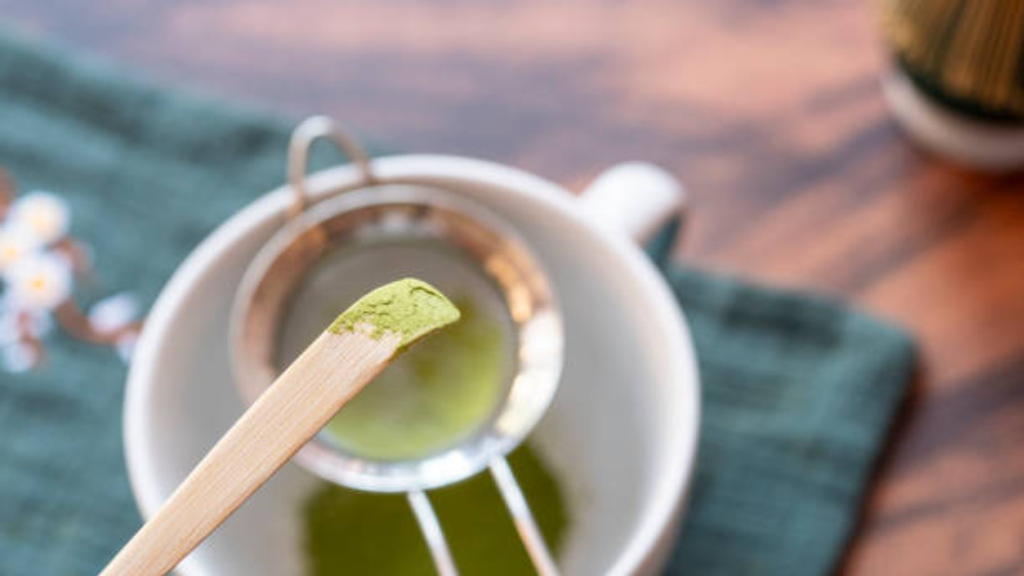Introduction:
Real Talk Only - Matcha, a vibrant green powder that’s been taking over your Instagram feed, and no, it’s not just a fancy trend. This stuff has been around for centuries (hello, ancient Japan!), making its debut in traditional tea ceremonies before it became the secret ingredient in lattes, smoothies, and even desserts. Here’s the twist — unlike your regular cup of green tea, where you just sip the flavor, matcha’s the whole package. You’re consuming the entire tea leaf, which means you’re getting a much more concentrated punch of nutrients and caffeine.
So, if you thought matcha was just another coffee alternative, think again. That green powder can pack a surprising caffeine hit. Let’s break it down for you, fam.
How Much Caffeine is in Matcha?
On average, one gram of matcha contains about 19-44 mg of caffeine. A standard serving is around 1 to 2 grams, meaning a typical cup of matcha (usually made with 1 tsp of powder) can contain anywhere from 38 to 88 mg of caffeine.
Matcha’s caffeine game depends on a few things:
1. Grade of matcha: Ceremonial grade matcha usually has more caffeine than everyday grade.
2. Preparation method: The more powder used, the higher the caffeine.
3. Leaf origin and shading: Matcha made from younger, shade-grown leaves tends to have more caffeine.
How much caffeine is too much?
Let's talk about caffeine, the good stuff that motivates our all-nighters, early meetings, and that just one more episode of energy. According to the FDA, the maximum safe limit for healthy adults is 400 mg of caffeine per day. That’s about 4-5 cups of coffee or a whole lotta matcha lattes. But hold up, it’s not one-size-fits-all.
Caffeine hits differently depending on your age, body weight, metabolism. (Yup, your coffee addiction might be genetic.)
Now, if you’re vibing with matcha, one cup usually packs around 70 mg of caffeine. So 2–3 cups a day? Pretty chill for most peeps. But don’t forget, caffeine isn’t just in your cup. It sneaks in through sodas, chocolate, energy drinks, and even some meds.
Is caffeine bad for you?
Caffeine Isn’t the Villain You Think It Is (But Chill, There’s a Catch)
Let’s get this straight: caffeine isn’t out here trying to ruin your life. When taken in moderation (yes, we said the M word), it can be kind of a glow-up for your brain and body and can link with several health benefits, such as:
🍃 Increased alertness and cognitive performance
🍃 Enhanced physical endurance
🍃 Mood-boosting effects
However, too much caffeine can cause problems, including:
🍃 Anxiety or restlessness
🍃 Sleep disturbances
🍃 Increased heart rate or blood pressure
🍃 Digestive discomfort
🍃 Dependence and withdrawal symptoms
If you're sensitive to caffeine, even a single serving of matcha might make you jittery. But for most, the moderate caffeine in matcha offers a smoother energy curve compared to coffee.
Matcha in Daily Life:
Matcha isn’t your average caffeine fix. Thanks to the power duo of caffeine + L-theanine (aka the chill amino acid), you get steady, no-crash energy that lasts. No jitters, no chaos, just clean, focused vibes. It’s your brain’s new BFF.
Perfect for when you are:
🍃 Morning rituals as a coffee alternative
🍃 Afternoon pick-me-ups without crashing
🍃 Pre-workout motivator
Beyond drinks, matcha can be used in:
🍃 Smoothies
🍃 Energy balls
🍃 Pancakes or baked goods
🍃 Overnight oats
🍃 Ice cream and desserts
Its versatility means it can seamlessly integrate into your day, whether you're sipping it or spooning it.
Matcha vs. Coffee: A Different Kind of Caffeine Experience
Both matcha and coffee contain caffeine, but the experience they offer can feel quite different. Matcha also contains L-theanine, an amino acid naturally found in tea leaves. L-theanine is known for its association with calm alertness and has been studied for its effect on brain activity, particularly promoting alpha waves, which are linked to a relaxed yet focused state.
This combination of caffeine and L-theanine may lead to a more balanced energy experience for some people. Matcha drinkers often describe the energy as smoother or more sustained compared to the quick spike and dip sometimes linked to coffee.
In addition to caffeine and L-theanine, matcha also contains naturally occurring antioxidants such as catechins (including EGCG), along with chlorophyll, which gives it its vibrant green color.
Coffee also offers its own range of compounds and benefits, but the differences in how caffeine is delivered can make matcha a preferred option for those seeking a gentler experience.
Conclusion:
Matcha: the OG Feel-good ritual that's got your back without the jitters. Unlike your usual coffee, matcha serves up a steady 38–88 mg of caffeine per serving, just enough to wake you up.
The real magic? It's got L-theanine, a chill compound that smooths out your energy so you can feel awake without feeling like you're on a rollercoaster. So, if you're looking to cut back on coffee, step up your energy game, or just want a drink that's good for you, matcha’s got your name written all over it. Add it to your routine and thank us later.
Frequently Asked Questions:
1. Can I drink matcha every day?
Yes! Drinking matcha daily is safe for most people and can even offer long-term health benefits. Just be mindful of your total daily caffeine intake, especially if you're consuming other caffeinated beverages.
2. Does matcha keep you awake at night?
Matcha contains caffeine, so having it late in the evening could affect your sleep, especially if you're sensitive. Try to enjoy matcha before 3–4 PM to stay safe.
3. Is matcha safe during pregnancy?
Matcha is generally safe in moderation during pregnancy, but because it contains caffeine (around 38–88 mg per cup), it’s best to limit intake to one cup per day and consult with your doctor.






Share:
The Importance of Good Matcha When You Switch From Coffee
Difference Between Ceremonial and Everyday Matcha